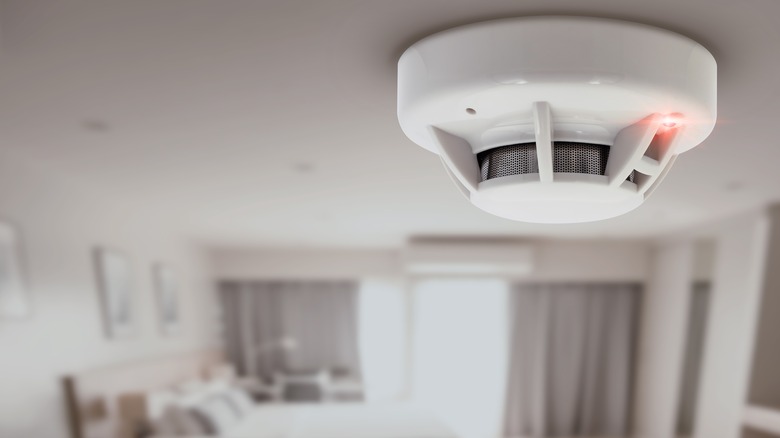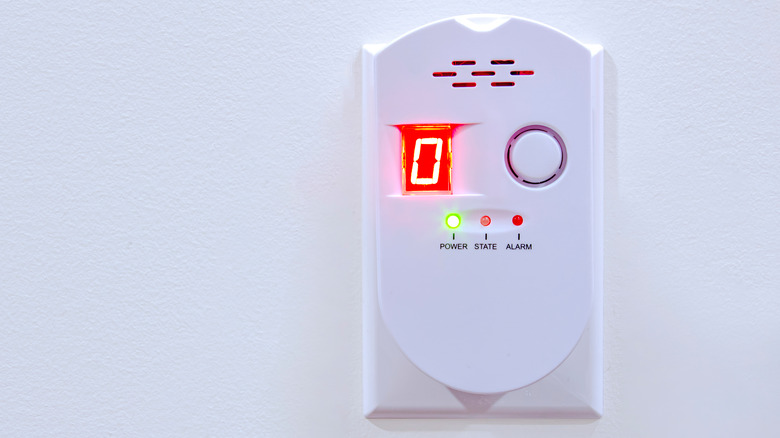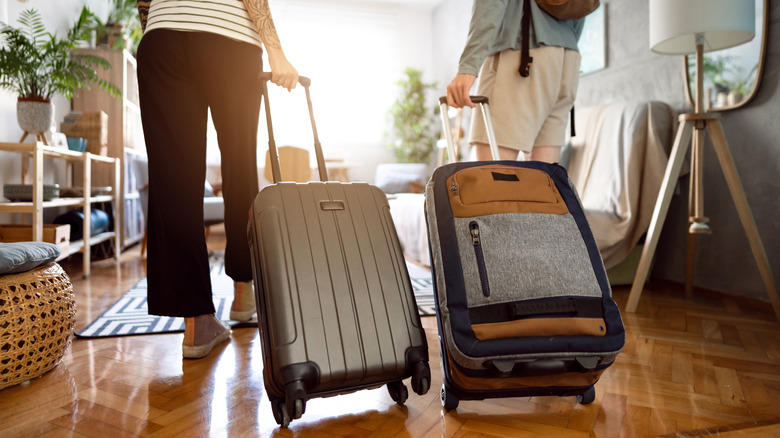Packing
Matt Berry
Known as the “invisible killer,” carbon monoxide is really bad news. Odorless, colorless, and really poisonous, carbon monoxide (CO) poisonings typically occur when a fuel-burning appliance — such as a gas stove, furnace, or water heater — leaks, or when a space isn’t properly ventilated. According to the Centers for Disease Control and Prevention (CDC), at least 420 people die each year due to accidental carbon monoxide poisoning, while U.S. emergency rooms admit over 100,000 people for carbon monoxide poisoning annually.
While it’s pretty common to find carbon dioxide detectors in U.S. homes and apartments, you’re not guaranteed to stay in a place with a CO detector when traveling. Although you may think that carrying your own CO detector while traveling is a bit extreme, travelers die each year due to carbon dioxide poisoning.
Again, without a detector, you wouldn’t be aware of a carbon dioxide leak, and when you’re on vacation, you may attribute CO poisoning symptoms to food poisoning, jetlag, drinking too much, or anything else. But, overall, there is one big reason to bring a detector: a lack of regulations in the travel industry.
No real hotel standards concerning CO detectors

Quality Stock Arts/Shutterstock
Most travelers probably assume that their accommodations feature detectors, and the completely avoidable tragedies that involve travelers and CO poisoning are the result of this assumption. Simply put, there just aren’t clear-cut regulations regarding CO detectors among hotels or home-share platforms.
For example, the American Hotel and Lodging Association (AHLA) encourages hotels in the association to provide CO detectors in all spaces that feature fuel-burning appliances. However, hotels are only required to follow state and local fire laws, which can vary. This “encouragement” is also the stance of both Airbnb and VRBO. When staying at an Airbnb, you can view if the accommodations feature a CO detector under amenities, but properties aren’t required to have them.
And while you may think CO poisoning is a rare occurrence, it happens more than we’d probably like to realize, and recent incidents revealed the very real risk of carbon dioxide exposure for travelers.
The quality of accommodations doesn’t matter

oasisamuel/Shutterstock
According to a report by NBC News, two U.S. travelers recently died from carbon dioxide poisoning at Hyatt’s Rancho Pescadero resort. The couple, who frequently traveled to Mexico, died in their hotel room on Mexico’s Baja California peninsula.
The report stated that the couple began to feel ill but attributed their illness to food poisoning, as most of us would. Symptoms of CO poisoning include headache, dizziness, nausea, and vomiting. The couple felt bad enough to check themselves into a hospital, where they received fluids before being released. Unfortunately, they went back to their hotel room to recuperate, which was improperly ventilated. They soon died of CO poisoning.
Keep in mind that this occurred at a Hyatt resort; not a one-star motel. In 2022, three Americans died of carbon monoxide poisoning at Sandals Emerald Bay Resort in Great Exuma. Appliance leaks and poor ventilation can occur anywhere, regardless of the quality of the accommodations. While CO tragedies don’t occur often, we still recommend carrying your own portable carbon dioxide detector. They’re cheap, small, and potentially life-saving.

